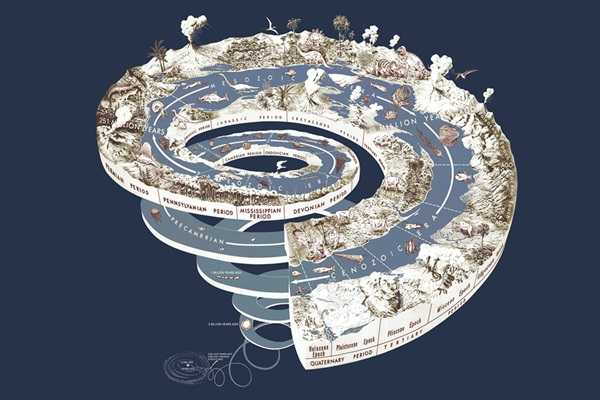The denomination's official statement on Science and Technology says, "We find that science’s descriptions of cosmological, geological, and biological evolution are not in conflict with theology."
The statement goes on to clarify that science and theology each have realms in which they have some authority to speak, and others where each does not. In making this point, the Church affirms, "Science and theology are complementary rather than mutually incompatible." The understanding of the place of humans in the universe is enriched through the multiple perspectives science and theology bring to the conversation, and would be impoverished if either were to claim exclusive rights to speak to these matters.
Related Statement:
Caring for Creation: A Call to Stewardship and Justice
Articles
Resources
- A Hopeful Earth: Faith, Science and the Message of Jesus by Bishop Sally Dyck
This content was produced by Ask The UMC, a ministry of United Methodist Communications.





